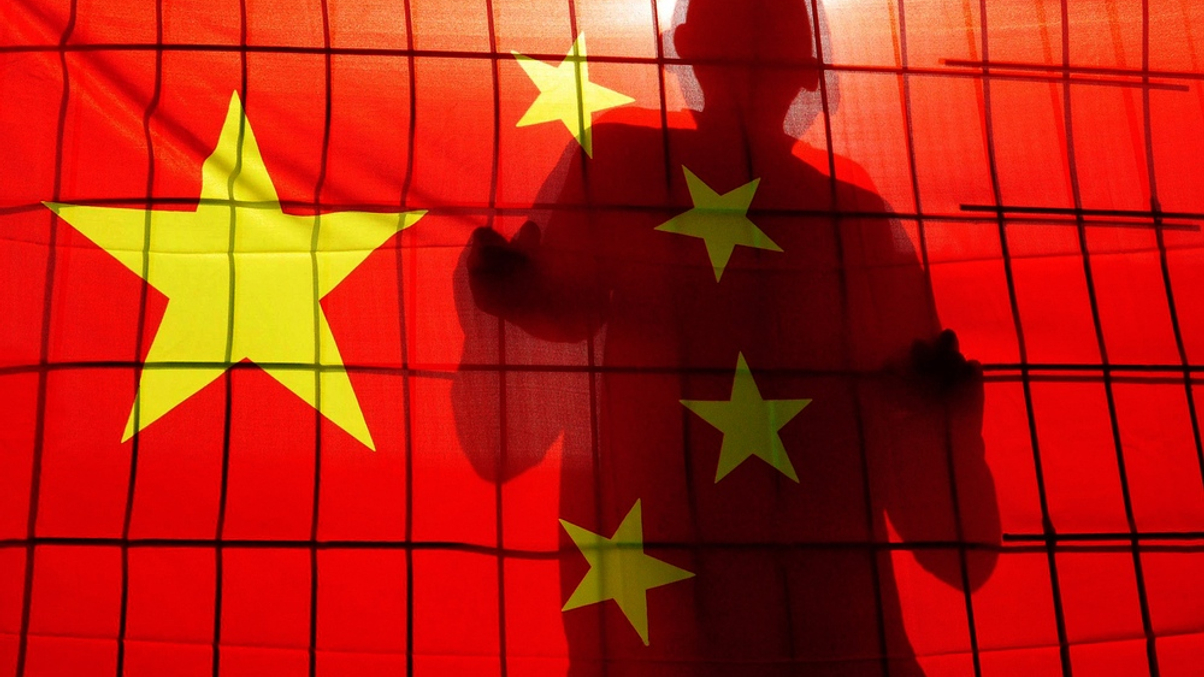Investors seen misjudging potential A-share impact
Market participants may be overlooking the importance of US asset manager Vanguard's move to steadily increase China A-share exposure in its emerging-market products.

Many investors are underestimating the impact of the expected inclusion of China A-shares in global emerging-market benchmarks and may be caught off guard when it happens, say industry observers. This is despite the move by US fund giant Vanguard to steadily incorporate mainland stocks into its EM exposure.
Sign in to read on!
Registered users get 2 free articles in 30 days.
Subscribers have full unlimited access to AsianInvestor
Not signed up? New users get 2 free articles per month, plus a 7-day unlimited free trial.
¬ Haymarket Media Limited. All rights reserved.


